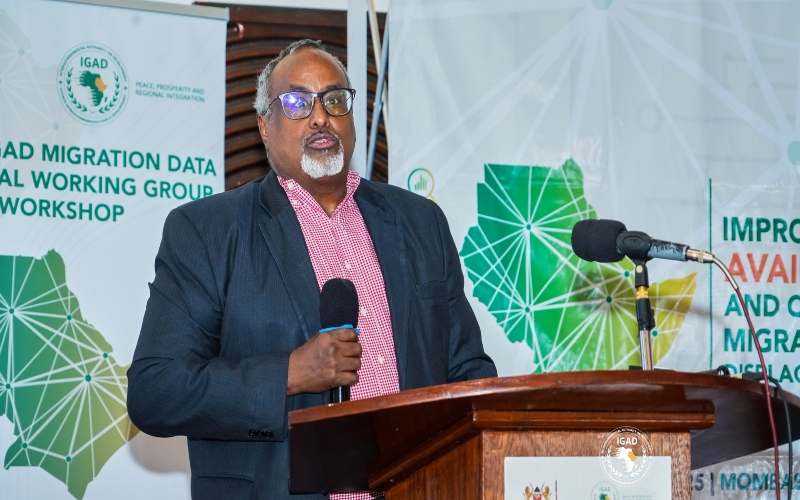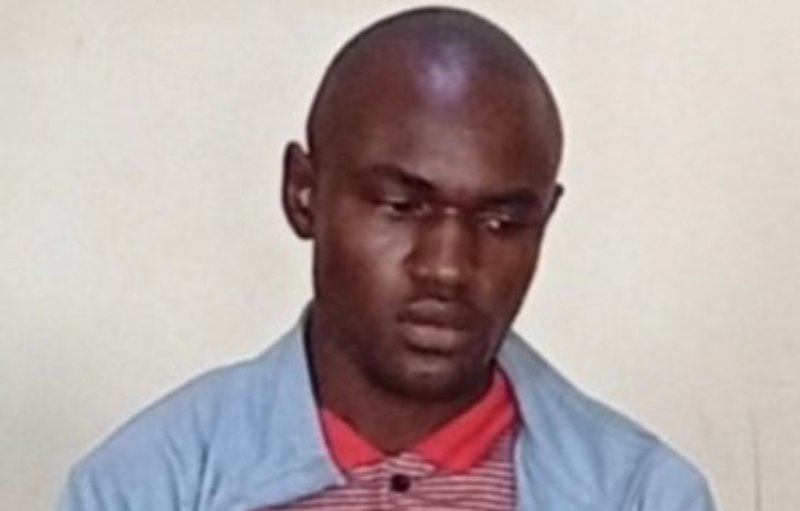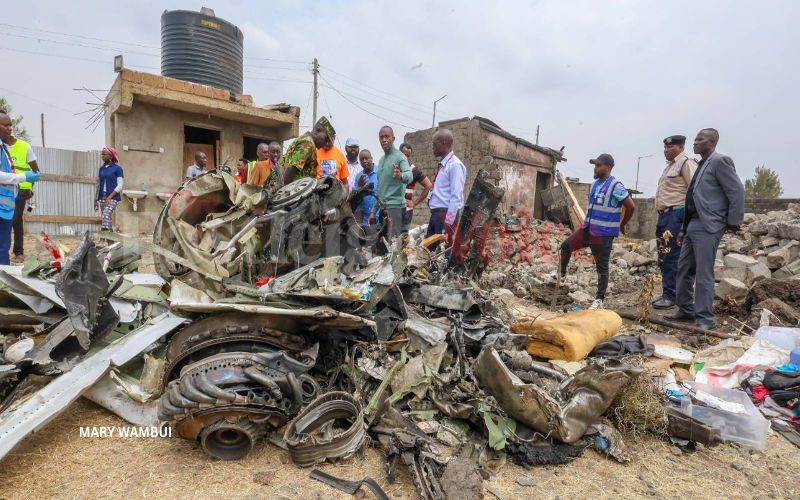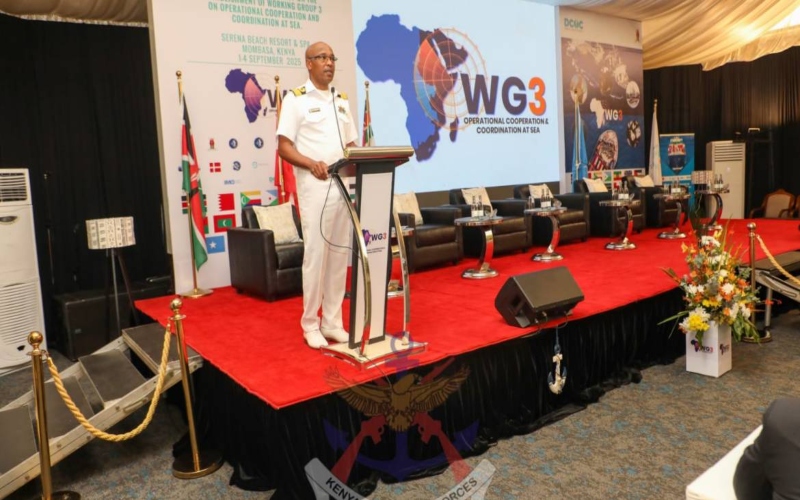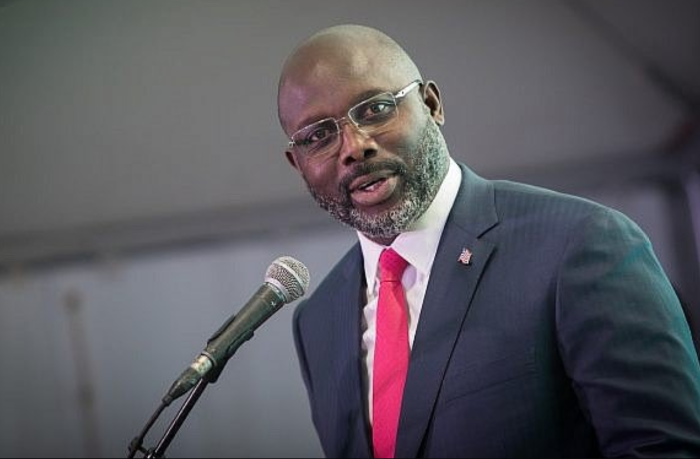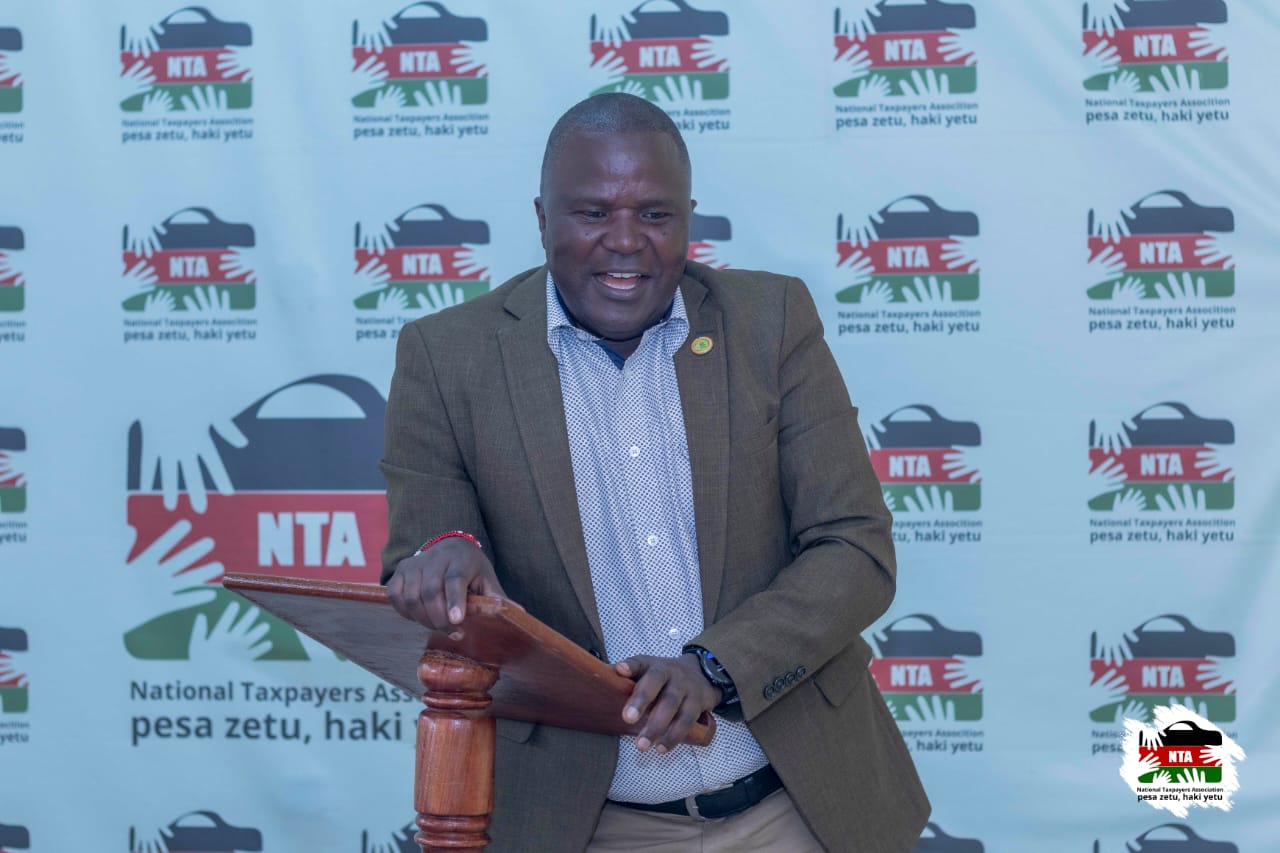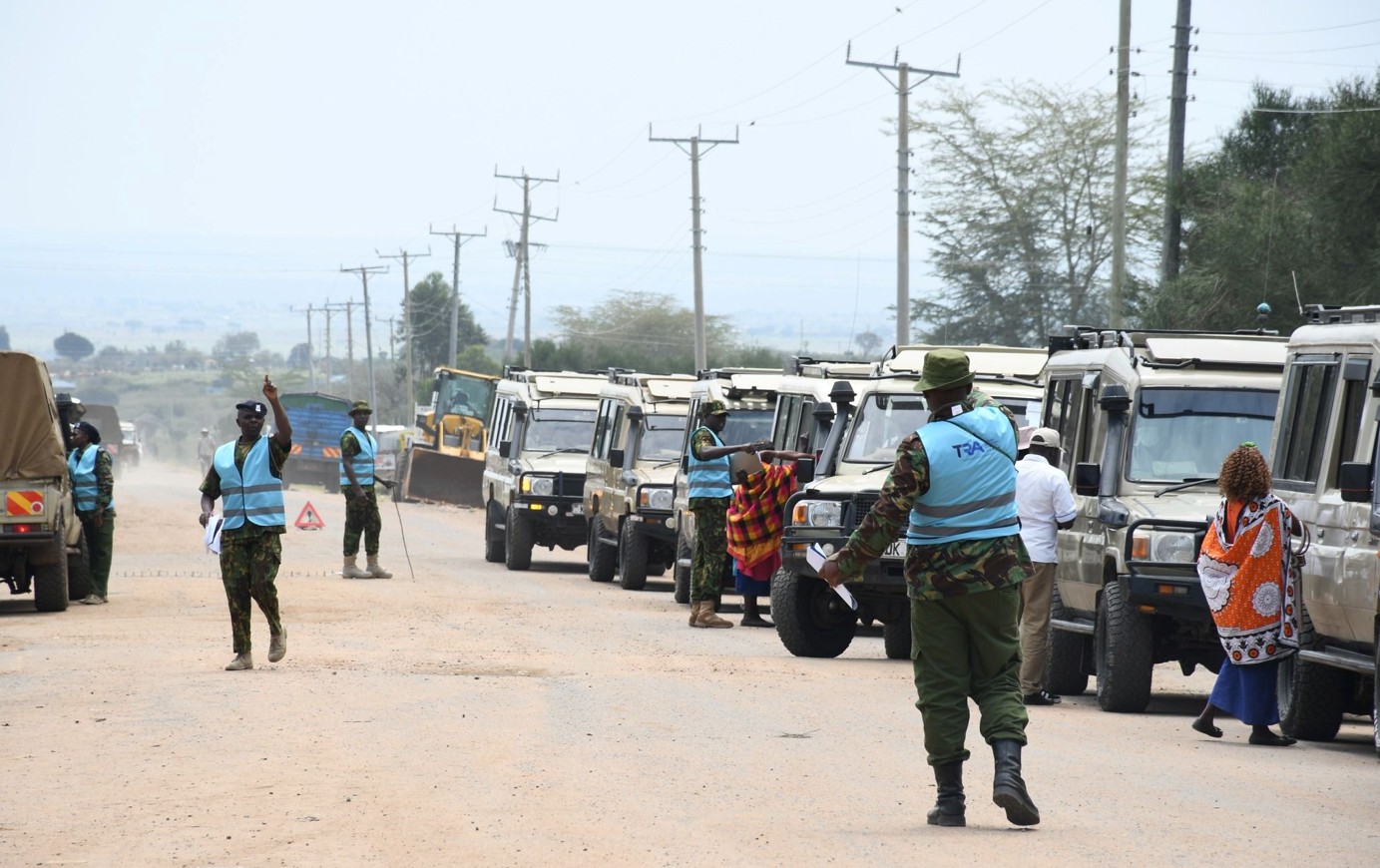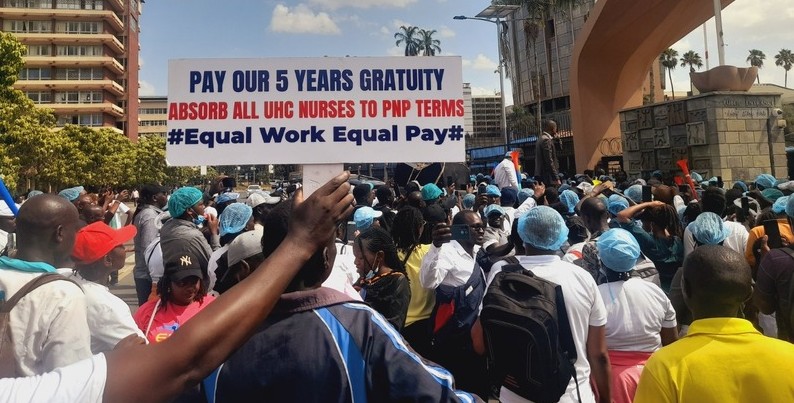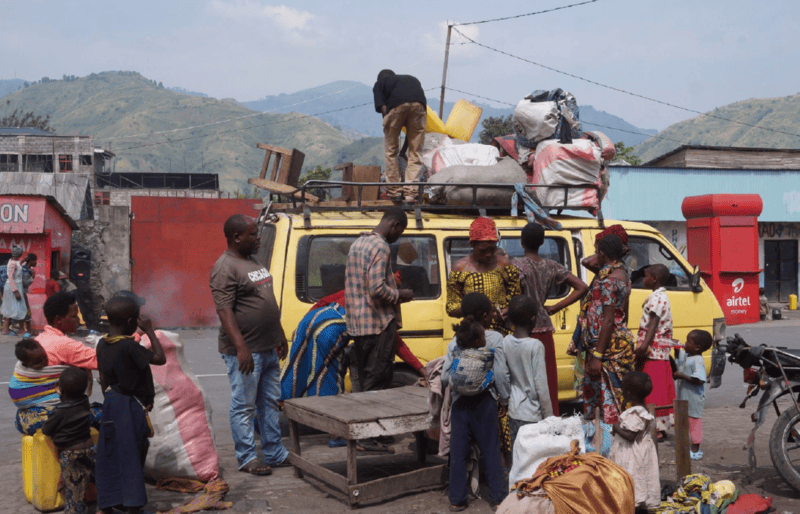Garissa college leads fight against human trafficking with career outreach in County High School
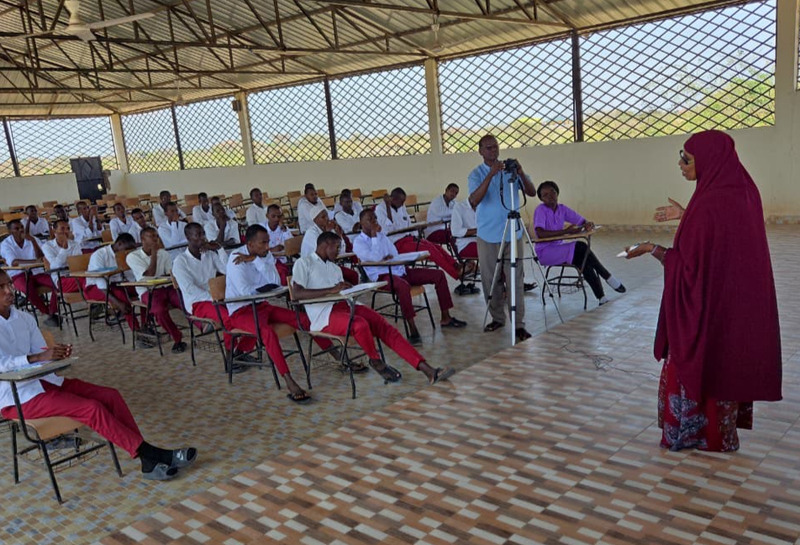
The initiative, led by NEP’s students, staff, and management, seeks to steer Garissa’s youth away from exploitation and towards careers in healthcare, where they can one day serve their own communities.
As Garissa County grapples with a disturbing surge in youth trafficking to Libya, NEP College of Health Sciences is stepping in with a powerful response: education and empowerment.
In a bold weekend outreach, the college launched a campaign targeting Form Four students, aiming to equip them with career guidance, counselling, and life-saving information about the dangers of human trafficking.
More To Read
- Relief for residents as Coast Development Authority rolls out water project in Garissa
- UNESCO urges dialogue as world marks day for remembrance of slave trade, abolition
- Kenya tightens terrorism cases with mandatory terror-financing investigations
- Quba Islamic Centre in Garissa shut over leadership wrangles, clan clashes
- Garissa residents set to benefit as Balambala Hospital goes digital
- Five-year interfaith programme boosts Muslim-Christian unity in Garissa
The initiative, led by NEP’s students, staff, and management, seeks to steer Garissa’s youth away from exploitation and towards careers in healthcare, where they can one day serve their own communities.
At the heart of the campaign is Sophia Sheikh Omar, the college manager, who delivered a passionate lecture to students at County High School — a school still reeling from the disappearance of three Form Two students, recently confirmed to have been trafficked to Libya.
“You have a bright future to become nurses, doctors, and leaders in your community,” she told the students. “Don’t let traffickers steal your future. Stay focused, stay safe.”
Sophia warned that traffickers are targeting vulnerable students, luring them with false promises and eventually demanding ransoms from desperate parents.
“We are losing our future doctors and nurses to the sea and to torture chambers in Libya. Parents are selling everything they own just to get their children back,” she said emotionally.
The college’s outreach included guided tours of the campus, health career briefings, and a strong anti-trafficking message. Students were also educated on HIV/AIDS awareness, drug abuse, and stress management — issues deeply intertwined with youth vulnerability.
Third-year nursing student Agatha Sharllotte led a session on health promotion and mental wellness, while her classmate Yassin Mohamed covered HIV/AIDS education with the visiting students.
Counselling psychologist Amina Issa emphasised the root of the problem: lack of career guidance.
“These young people are confused and vulnerable after high school. That’s exactly when traffickers strike,” she explained.
“We must give them purpose and a path,” she added.
Amina said the institution will extend the initiative to students in lower classes.
County High School teacher Phineas Mwiringi, who accompanied the students, praised the initiative, revealing that his school had also lost pupils to trafficking.
“Three of our Form Two students never came back after the holidays. We later found out they had been trafficked to Libya. Their parents are now living a nightmare,” he said.
Mwiringi envisaged that such interactions with institutions would positively shape students’ outlook, encouraging them to progress in school and eventually join colleges for medical courses.
NEP College’s campaign is not just a school outreach — it is a lifeline.
And for many in Garissa, it may be the only thing standing between hope and horror.
Would you like me to also condense this into a shorter news-style article (around 400 words) so it reads like a polished publication piece, or do you prefer to keep the detailed feature style?
Top Stories Today

